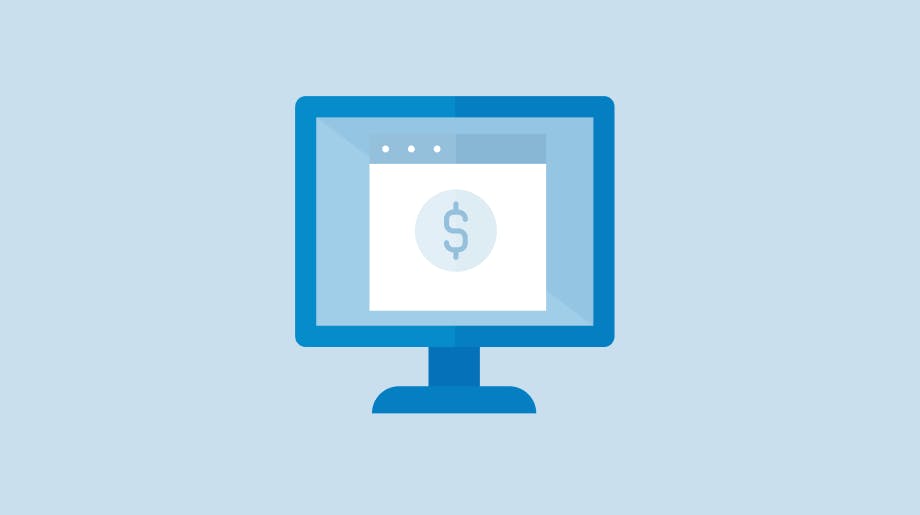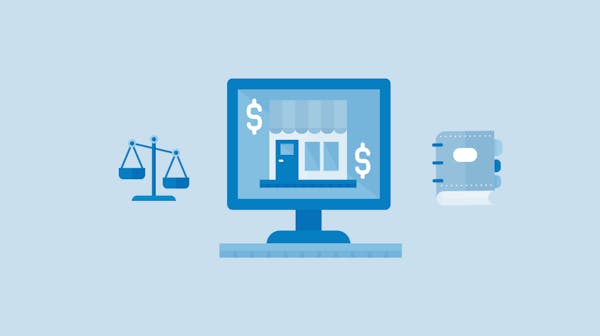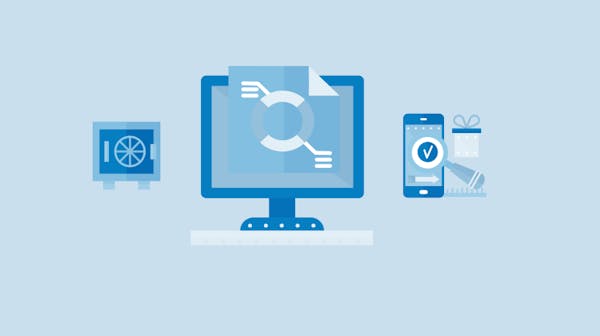E-invoice represents a significant shift in how businesses process and manage invoices, going beyond merely converting paper invoices into digital files. This modern approach involves creating and sending invoices in a structured digital format that allows for direct integration and automatic processing within financial systems. However, the core aspect of e-invoicing is the mandatory submission of these invoices to a government-operated system.
Why Governments Are Advocating for E-Invoice
Governments promote e-invoice primarily to gain more control over and insight into business transactions. This is essential for monitoring tax compliance effectively and combating tax fraud and evasion. E-invoicing and Continuous Transaction Controls (CTCs) enable tax authorities to track and analyze transaction data in real-time, offering a clearer picture of tax revenue and allowing for targeted support during economic crises.
The Role of the European Union
The European Union has been at the forefront of promoting e-invoice through Directive 2014/55/EU, aimed at standardizing e-invoicing within public procurement across member states. This directive mandates the use of e-invoicing for all public procurement transactions, driving EU-wide adoption and setting a precedent for mandatory e-invoicing that could influence global trends.
Benefits for Small Businesses, Freelancers, and the Self-Employed
The move towards e-invoice not only aligns with the digital transformation goals of the modern economy but also offers tangible benefits for the backbone of this economy—small businesses, freelancers, and the self-employed.
- Enhanced Efficiency: E-invoices speed up processing and payment cycles, crucial for improving cash flow.
- Cost and Compliance: Adhering to the EU directive and adopting e-invoicing reduces paper-related costs and ensures compliance with regulations, helping avoid potential fines.
- Accuracy and Environmental Benefits: Automation minimizes errors and supports sustainability efforts.
- Streamlines International Transactions: For small businesses and freelancers, e-invoicing makes dealing with clients and suppliers worldwide easier, cutting down on the red tape and costs of international trade.
The Future of E-Invoice in the EU and Worldwide
The future of e-invoice in the EU and worldwide points towards its increasing acceptance and use in business processes. As we move deeper into the digital age, e-invoice is expected to simplify international trade, improve tax compliance, and make financial transactions more efficient and secure.
Source: EUROPEAN COMMISSION.What is eInvoicing. Online. Available from: https://ec.europa.eu/digital-building-blocks/sites/display/DIGITAL/What+is+eInvoicing.




